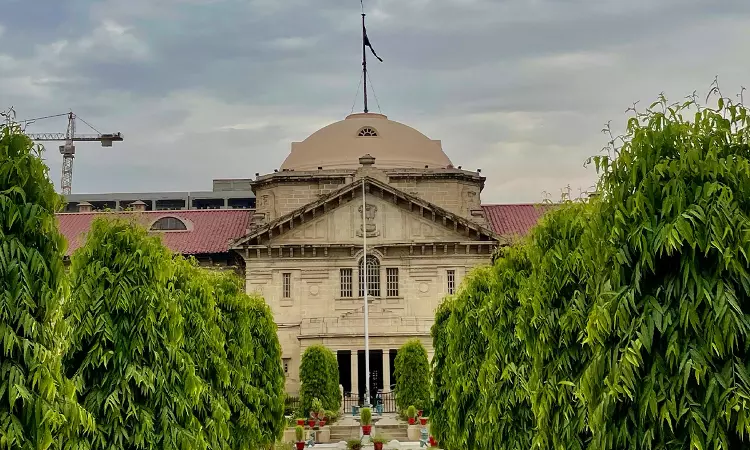'Sexual Offences' Under IPC Are Women-Centric To Protect Dignity & Honour But Male Partner Not Always At Fault: Allahabad High Court
Bhavya Singh
13 Jun 2024 7:13 PM IST

Next Story
13 Jun 2024 7:13 PM IST
The Allahabad High Court recently upheld the acquittal of a man accused of rape, emphasizing that while laws on sexual offences are rightly women-centric, it does not mean that the male partner is always at fault. A Division Bench comprising Justices Rahul Chaturvedi and Nand Prabha Shukla noted that the burden of proof in such cases lies with both the complainant and the accused.The...
